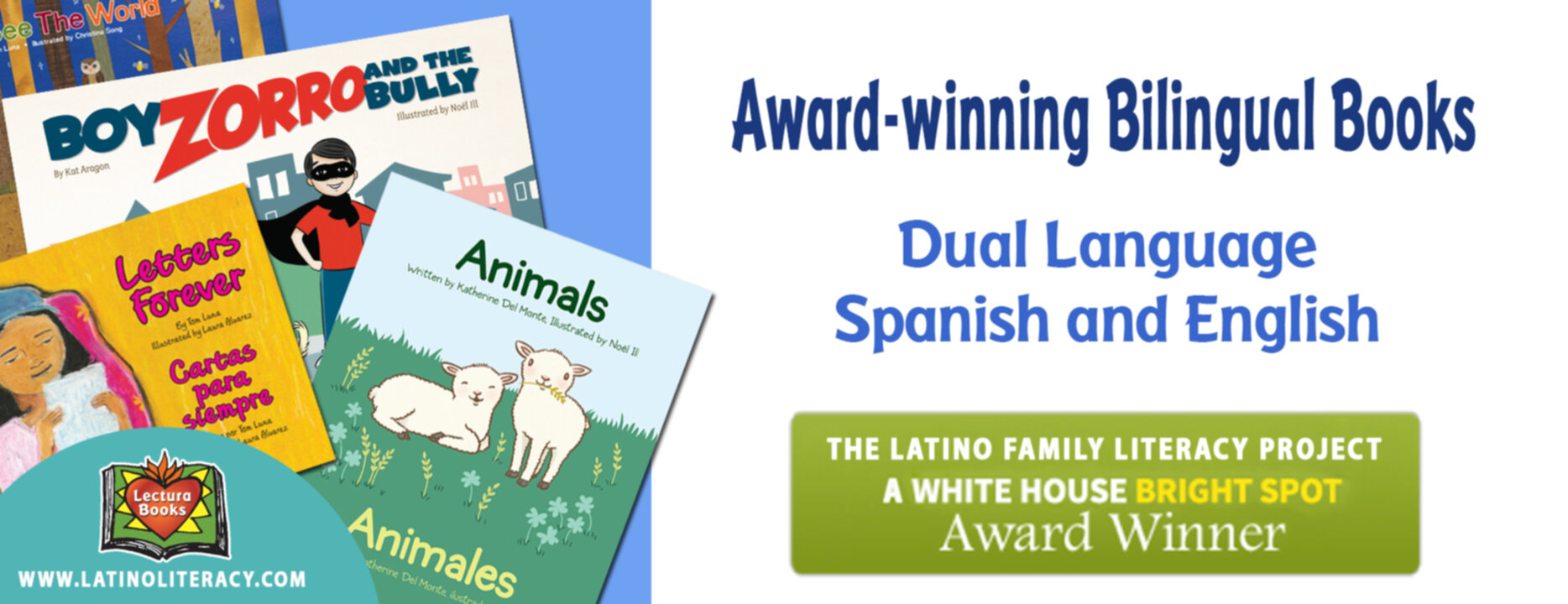Parental Involvement and the Impact on School Success
There is little debate that a parent’s engagement in a child’s learning is highly beneficial. A number of studies have shown the extent of the positive impacts that healthy parental involvement can provide with marked improvements in attendance, behavioral patterns, and social skills, as well as better grades and test scores, resulting in higher graduation rates. But distinguishing the type of relationship that provides the most benefit can be a bit more difficult to fully ascertain, as the term “parental involvement” can have many different meanings and applications for a student’s progress. For most parents, attending parent/teacher meetings is the most common method of demonstrating some form of involvement in their child’s learning, but there must be a nurturing alliance between parents and educators as both parties work in concert for the positive outcomes of the child. This can be found in a number of collaborative strategies that include volunteering, routine avenues of communication, and a shared effort for decision-making so that all stakeholders have equal input in school policy and educational content. This helps to foster stronger bonds with the child at both school and home between all concerned parties to help improve learning. Teachers work with students during the day to impart curriculum and parents continue the successful achievement of students by taking an interest in their studies, assisting them with homework and ensuring that all such work is finished and ready for the next day’s classes.

Lectura Books offers award-winning bilingual books that are a great tool for English Language Learners. The books are written in both English and Spanish and focus on important vocabulary. This will help ELL students succeed with language acquisition no matter what grade level.
If you liked this blog post, check out our Facebook and Twitter page to stay updated. We frequently post relevant information related to ELLs.

